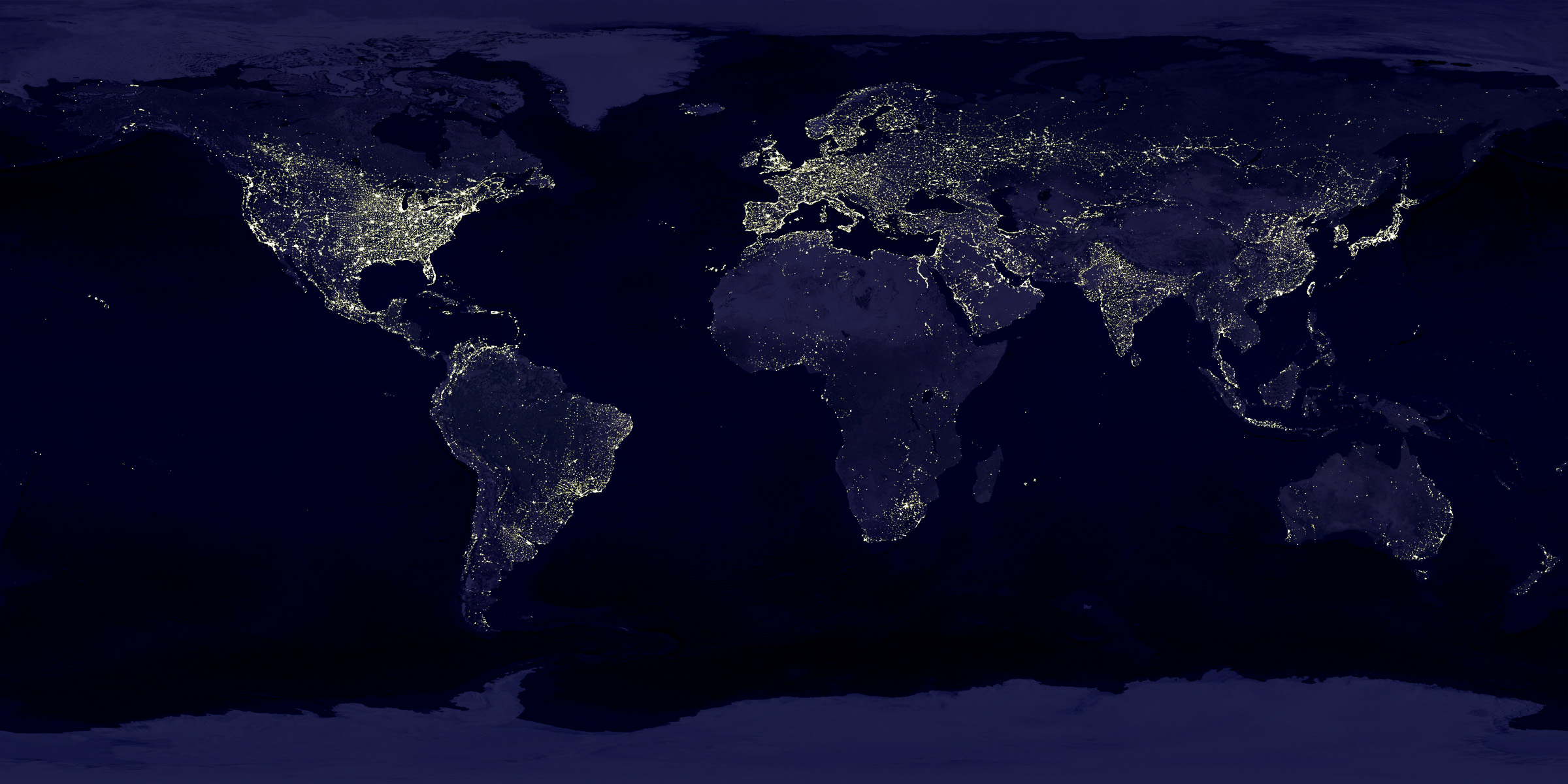It has become harder for the Asian tigers to prosper through exports
BONNIE TU IS laughing. She just discovered the crisp red “Make America Great Again” hat that a colleague left on her desk as a joke. The chairwoman of Giant, the world’s biggest bike manufacturer, is no fan of Donald Trump. His tariffs have messed with her supply chains and driven up costs. “It’s a tax on biking, the healthiest activity in the world,” bemoans the feisty 70-year-old, an avid cyclist herself. In response, Giant has scaled back production in China and ramped up in Taiwan. “We had no choice,” she says.
Giant is not alone. Scores of Taiwanese companies have come back recently, including Compal, a computer manufacturer; Delta Electronics, a power-component supplier; and Long Chen, a paper company. In 2018 the government launched the “Invest Taiwan” office, promising low-cost loans for companies’ relocation expenses. It has already accepted applications from over 150 firms.
All this might make it sound like Taiwan has benefited from the trade war. Singapore and South Korea have also gained market share in America at China’s expense. But it would be a mistake to conclude that the trade war is good for the tigers. Overall, it hurts. It is disrupting three things on which they intimately depend: an open global trading system, their Asia-based production networks and their biggest market, China. Goldman Sachs...























